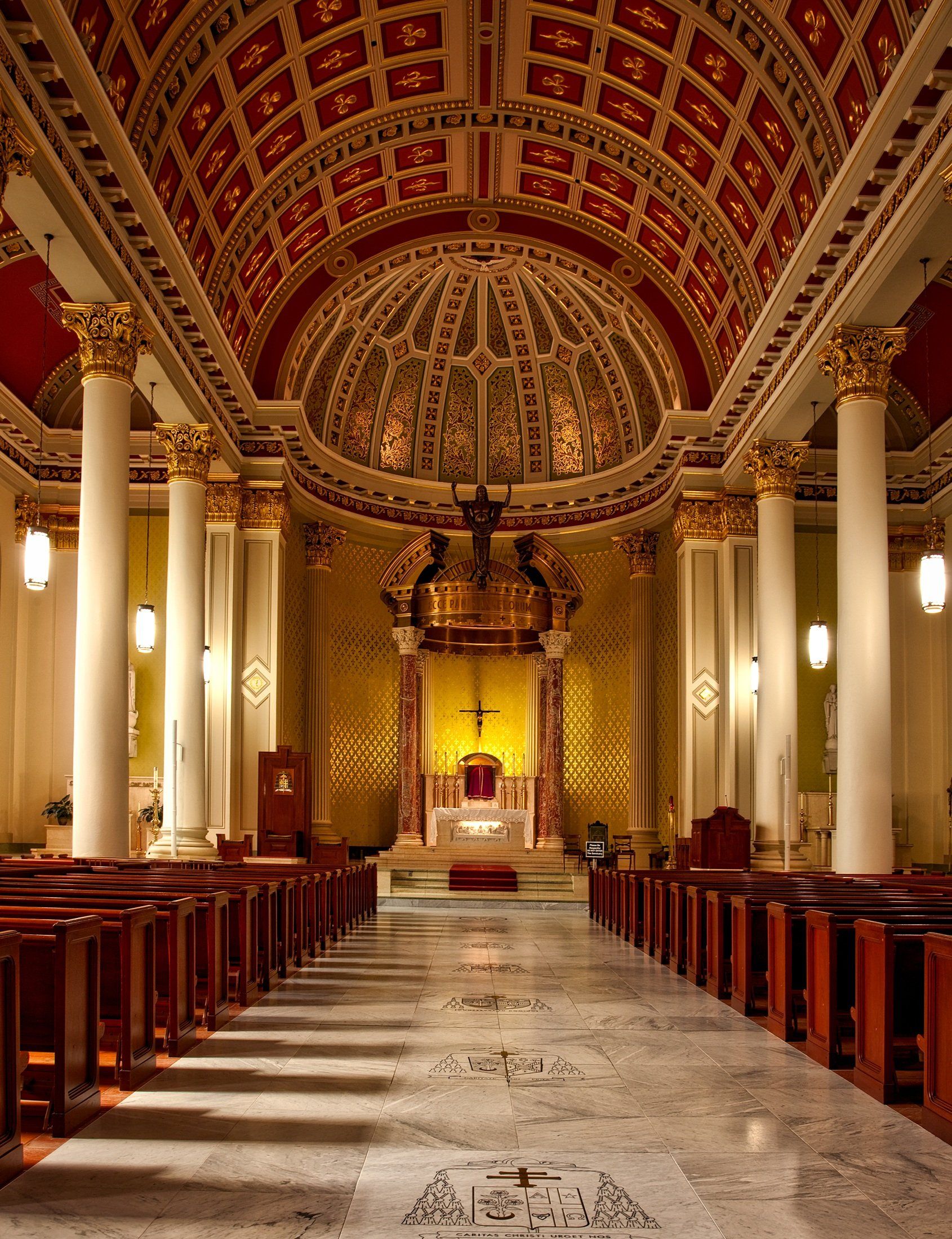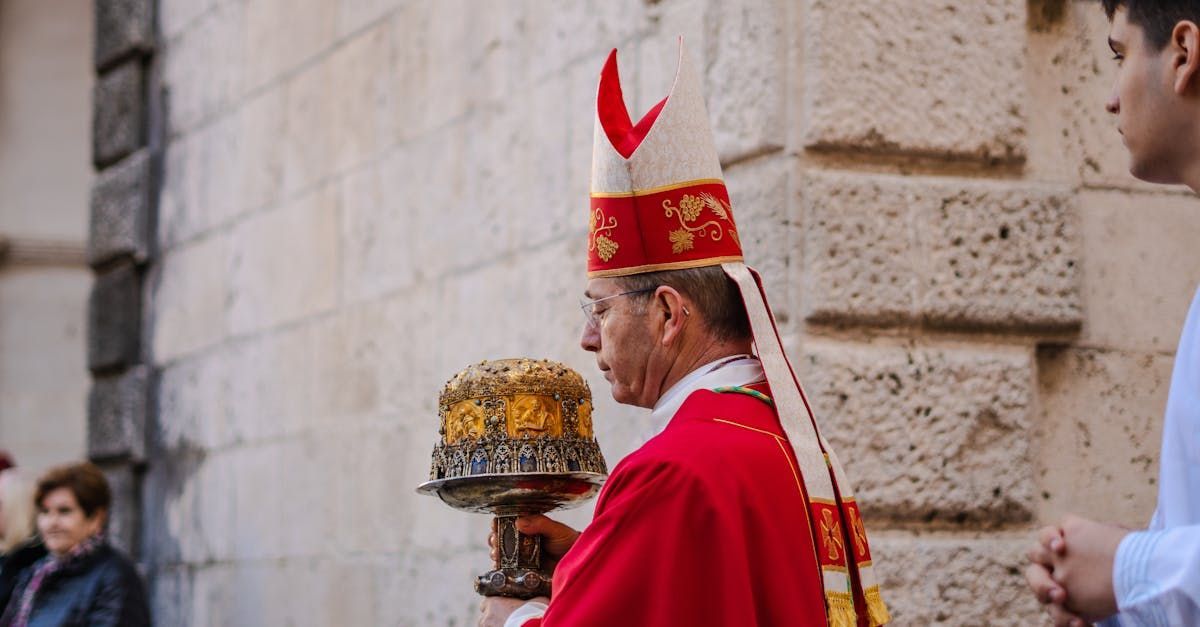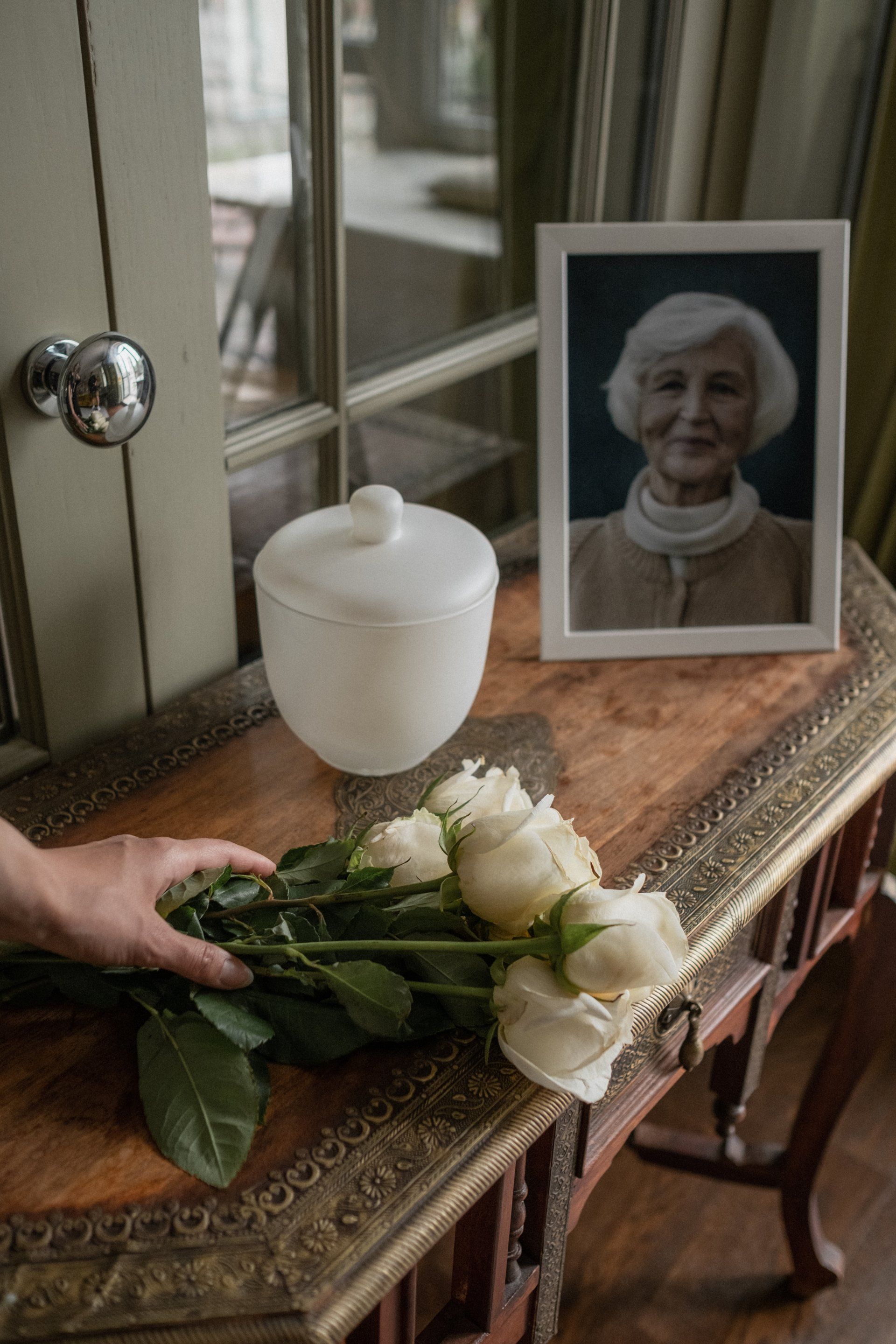La venida de Cristo nos cambia los corazones
Como soy sacerdote, ustedes pueden imaginar cuántas veces la gente me pregunta cómo orar mejor o cómo acercarse más a Dios. Como sacerdote rezo bastante, así que debo ser el experto en el tema. Sin embargo, hay muchas veces que pedimos cosas por las que no deberíamos confiar en Dios. Puedo orar tres o cuatro horas al día, pero eso no significa que Dios hará mi vida más fácil o simplemente resolverá mis problemas. Esto no significa que no esté escuchando ni comunicándose. A veces pensamos que si Cristo estuviera frente a nosotros sería más fácil, casi como si los discípulos de Cristo lo tuvieran más fácil que nosotros. Pero olvidamos que Cristo no fue el comunicador más claro.
-- «Tu madre y tus hermanos y hermanas están afuera esperando para hablar contigo».
-- «¿Quiénes son mi madre y mis hermanos?»
-- Entonces, ¿les digo que no vas a salir a hablar con ellos?
O la mujer del pozo a quien Jesús regaña un poco por no hacer la pregunta correcta:
-- «Si supieras quién es el que pide de beber, te daría agua viva».
-- «Señor, dame de esta agua siempre».
-- «Ve, llama a tu marido».
A veces deben haberse preguntado si siquiera estaba prestando atención a la conversación.
-- «Maestro, dígale a mi hermana que venga a ayudar».
-- «Martha, Martha, estás ansiosa por muchas cosas».
Las respuestas de Cristo son inesperadas y desconcertantes. ¿Cómo es posible que este Verbo eterno, el logos divino, Dios encarnado, pueda ser la plenitud de la revelación —la comunicación completa— del Padre? El mismo Cristo ni siquiera habla con claridad la mayor parte del tiempo. Y, sin embargo, su venida cambia irrevocablemente la realidad de la creación. No entra en la historia por un tiempo; entra en la historia y permanece. Nos deja dos dones: el Espíritu Santo y la Eucaristía; es decir, el Cuerpo místico de Cristo, la Iglesia y el Cuerpo sacramental de Cristo, alimento de nuestro peregrinaje. A lo largo de las Escrituras y la tradición de la Iglesia, ni una sola vez nuestra fe enseña que creer en Dios cambia nuestras circunstancias o vidas. ¿No es un pensamiento aterrador? Pero eso es el noventa y nueve coma nueve por ciento de lo que le pedimos a Dios. «¿No puedes solucionar este problema por mí?»
Como muchos me han escuchado decir, mi himno de Navidad favorito es "Del amor del padre engendrado", que se remonta al siglo IV. El himno expone bellamente la realidad de que Cristo existe eternamente con el Padre y el Espíritu Santo. Fuera del tiempo y existiendo eternamente, él es el Alfa y Omega, uno que ve todo el pasado y todas las cosas futuras. Estuvo presente en la creación y estará allí en el juicio del mundo. Lo siento que en español no tenemos una traducción poética ni musical. [ Aquí está un traducion y explicacion de la historia. ] Es un himno más largo, pero resume bellamente los efectos de su venida:
«Se le encuentra a la manera humana
Muerte y dolor aquí para saber,
Que la raza de los hijos de Adán
Condenada por la ley a un infortunio sin fin,
Que no de ahora en adelante morir y perecer
En el terrible abismo de abajo,
Por los siglos de los siglos».
Es decir, al asumir Cristo nuestra carne, los que estamos desesperados y desdichados ahora tenemos la esperanza de no sufrir los fuegos eternos del infierno. Entonces, no hay nada en esta vida que inspire nuestra esperanza excepto en la medida en que apunta a la vida eterna.
En este punto, ¡ustedes estarán preguntando por qué en Navidad el p. Carter esta predicando sobre nuestro miserable estado de pecado! Bueno, solo podemos regocijarnos si entendemos lo que significa la venida de Cristo.
Durante el Concilio Vaticano II, hacia el inicio de la Constitución dogmática sobre la Iglesia en el mundo moderno, Gaudium et spes , la Iglesia reflexiona sobre el misterio de la Encarnación. Es decir, literalmente, en un ser carnal, que tiene carne y huesos. Cristo encarnado es la segunda persona de la Trinidad que adquiere una forma humana visible concreta. El Concilio Vaticano II dice: «Cristo, ... por la revelación del misterio del Padre y su amor, revela plenamente al hombre al mismo hombre y aclara su suprema vocación». Esta es una línea poderosa. Implica que cada persona no se conoce verdaderamente a sí misma si no conoce a Cristo. La venida de Cristo, en cierto modo, apunta al Huerto del Edén, a la comunión original entre Dios y el hombre. También apunta hacia nuestra herencia eterna del cielo. Es decir, Cristo nos muestra la perfección de una vida sin pecado, quiénes debemos ser cada uno de nosotros; y revela nuestro supremo llamado a permanecer en el amor de Dios.
El domingo celebraremos la Fiesta de la Sagrada Familia. Note el misterio de la venida de Cristo a esa familia en ese momento. ¿La venida de Cristo mejoró la vida de María y José? Desde una perspectiva mundana, la venida de Cristo hizo que sus vidas fueran más difíciles. «Ven ahora a Egipto, porque Herodes quiere quitarle la vida al niño». María soporta las espadas del dolor que atraviesan su corazón durante toda su vida. José muere sin ver a su Hijo cumplir su destino. Pero la venida de Cristo mejoró sus vidas de una manera sobrenatural. Tenían la esperanza de soportar el sufrimiento, la persecución y la ejecución. Vieron en el niño Jesús el amor del Padre Celestial. Sabían que a través del niño Jesús, había un camino de regreso a Él.
¿Qué rezaremos por esta Navidad? ¿Cuales son nuestras intenciones? Podemos pedir un próspero año nuevo. Podemos pedir salud y seguridad al arrodillarnos ante la imagen del niño Jesús pacífico en los brazos de su madre. Podemos pedir menos dificultades y conflictos, o el fin de la guerra y la enfermedad. Pero estas peticiones de oración, si se responden, no tienen ningún efecto sobre lo que Cristo nos ofrece. Ofrece a cada alma una novedad. Y nos enseña lo que todos deberíamos estar pidiendo a la luz de la Navidad. Señor, cámbiame; cambia mi corazón. Ayúdame a volver contigo. Ayúdame a ser una persona más santa, más devota y cada vez más pacífica, a pesar de la miseria y el conflicto que me rodea. Ayúdame a responder y hacer tu voluntad en medio de la dificultad y la tristeza. Con la venida de Cristo y nuestras celebraciones anuales, renovamos nuestro gozo por la realidad de que Cristo permanece con nosotros y nuestra esperanza en su regreso.
Si vamos ante nuestro Señor y le pedimos que nos ayude a volvernos hacia él, debe ser acompañado por nosotros tratando de cambiar nuestros corazones incluso antes de que nos haya respondido. Esta es la forma de alinear nuestra voluntad con la suya. Y cuando hacemos eso, la Navidad se vuelve aún más feliz. Empezamos a ver lo que Dios nos promete, que vivo de acuerdo con su amor. Si eso sucede todos los días, nuestra vida se convierte en un homenaje y una ofrenda a Dios con nosotros, el Emmanuel.
Feliz Navidad.
Pastor's Ponderings












